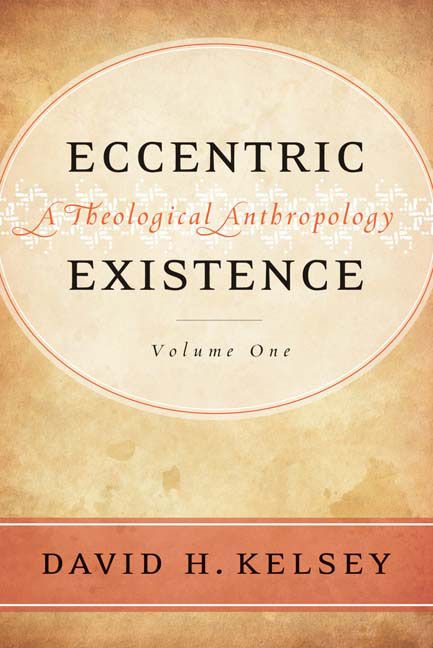
David Kelsey, like many contemporary authors, frequently uses the word “problematic.” It appears in the opening sentence of the quote I posted earlier tonight, for example. And similarly, just a page before, he writes (of his reason for taking a certain methodological tack):
This methodological thesis is not grounded in the fact that there are problematic features of efforts to identify the logic of coming to belief. There are also problematic features of efforts, like this anthropological project, to outline the logic of Christian beliefs. The fact that projects addressed to each of these three questions are problematic in different ways is not an a priori reason to set any of them aside. Each such project must be assessed ad hoc as to how persuasively it deals with the problems that are inherent in the effort to address the question it addresses.
When I come to a passage like this, I come away, frankly, confused. “Problematic” is doing more work here than the basic definition of the word here would imply. And that goes for many such uses of the word in public discourse these days. The problem is that it’s never clear to me in Kelsey’s usages — nor, frankly, anyone else’s — what “problematic” actually means for the author deploying it. (Toss in the verb form “problematize” for good measure.)
That’s because — both in Kelsey’s work here and in the way I see it used more generally — the idea of something being “problematic” is assumed rather than defined. It seems to roughly mean “something which I or other folk consider to have problems, but I’m not going to specify what they are.” In social media conversations, it seems to come with the sense of “things we now consider to be bad, but if you have to ask you’re part of the problem and are therefore yourself bad.” In Kelsey’s work, it seems to have something of the force of “not uncomplicated and with things people might object to.”
But again: he never comes out and says as much, taking the word itself for granted. Worse: he never (so far) comes out and says what makes these things “problematic.” That is, he never actually specifies what the problems are. This is, well, a problem. It’s a cop-out in one direction or another. Either Kelsey wants to say that an idea or claim does in fact have serious problems — logical, theological, or otherwise — without defending that assertion, or he wants to defend himself against others who would make that claim by getting out in front of it. Regardless of which it is, it’s lazy. Don’t tell me something is “problematic” or even try to protect yourself against the problematizers if you’re unwilling to so much as make a real claim about the ideas in question — much less defend that claim!